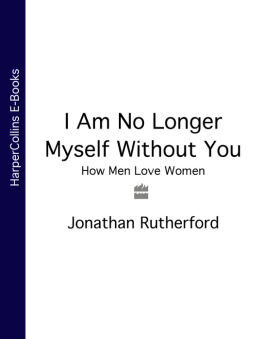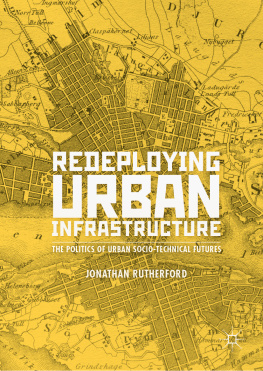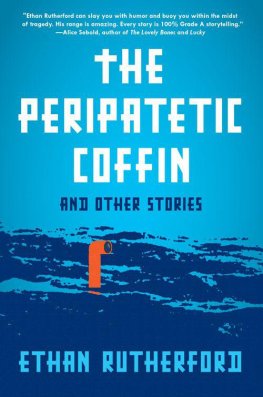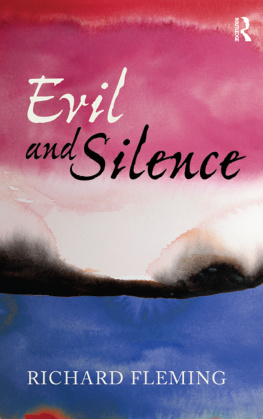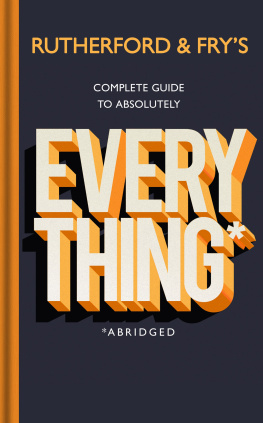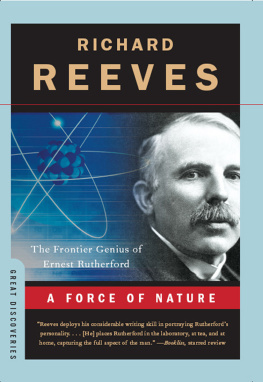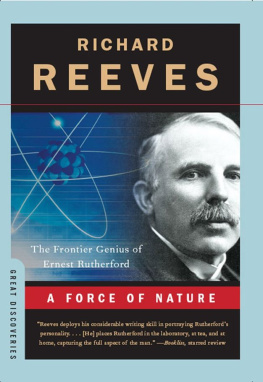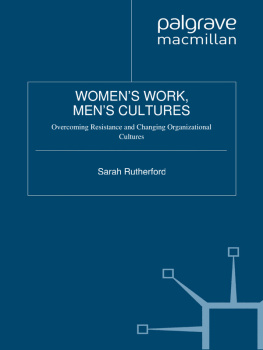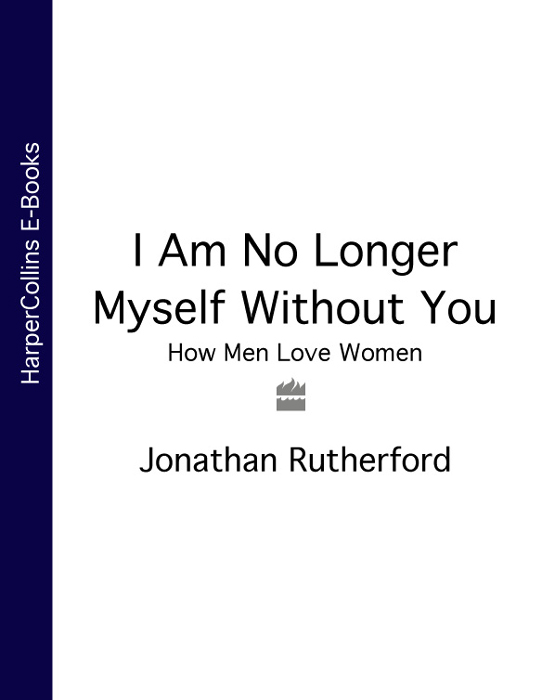1
SILENCE
And seeking we lose, discovering we conceal.
For we are still searching for our childhood.
MIROSLAV HOLUB
I
I n my early twenties F moved into my bedsit, and we bought a new bed that took up half the floor. To reach the tiny cooker we had to squeeze between the bed and my desk. Despite the small size of the room a sense of spaciousness came from the two windows which looked out onto an unkempt garden. On occasion we would stand by one of the windows and watch the trees, the tangle of plants in the overgrown borders, the patchwork of gardens stretching down the street. We cooked elaborate meals in that oven, balancing saucepans on the two rings, washing up in the small circular sink. We took it in turns to work at my desk, the desk I still use, which I had bought some years before for 10, its oak veneer splintered along the edges. There were bare boards on the floor which had been sanded down and varnished. For heating we had a paraffin heater. I forget what pictures we hung on the walls. F and I had only recently met when I moved to London. A friend of mine who was returning to the North offered me his bedsit and I spent several days painting the room before moving in. I had slept on the floor and had woken in the middle of the first night and wondered where I was. I lay awake in the dark, smelt the fresh gloss paint on the skirting boards and recalled a time before, crossing the North Sea on a ferry, sleeping on the packed deck, waking, sitting up, staring around me, feeling entirely lost and disorientated. As my eyes had grown accustomed to the dark, and the shapes of people appeared slumped in chairs, talking quietly in groups or stumbling over prostrate bodies my fear subsided. As a faint light revealed the landlords cheap, brightly painted furniture I felt once again this disquieting solitude.
We lived in this room for two years and that was eighteen years ago. It was the beginning of our life together and so it is the beginning of this story. It is a narrative about myself. But it is also, more generally, about the relationships and feelings of men. It turns inward to the life of home and intimacy, and to the words we use to define ourselves. And it is a story about the silence which surrounds mens love and their relationships with women. To write about mens love and relationships is like entering an uncharted territory and inventing its geography. I must attempt to map its contours, define the gradations of the hills, the sharp dip of valleys, describe the climate and vegetation, put words to places whose histories I dont fully comprehend. Im not sure what I will find, and Im not sure what Ill say.
I can remember exactly when I first knew that I was in love with F. It was October, shortly after she had moved in. We visited Chichester and walked across a field towards the town. It was early evening, and we stopped to look at the shapes of the roof tops against the darkening blue sky. The autumn yellow of the sun lit the steeple of a church and reflected off the glass block of an office building. We had left the road and climbed a stile, jumping down into the coarse grass. There were a few cows who were ruminating or lying on the soft, damp earth. We had spent the summer taking day trips to the sea and countryside, and this was to be our final outing. Chichester had proved to be an uninteresting town, yet looking at its unprepossessing skyline, I felt my life had changed irrevocably. I had given up my solitude. This moment belonged to both of us, but not to each alone. While I remained I, a significant part of myself had become we. I was not overwhelmed with transcendent joy. There was no flood of romantic dreaming. I experienced hope and a sense of my life beginning, pleasure that I had been released from the confinement of myself, anxiety at this other life now incorporated into my own.
When men fall in love we surrender our solitude and relinquish our masquerade of self-sufficiency. A new story of our lives is waiting to begin; a recognition that I am no longer myself without you. The paradox of love is that we discover a new sense of self in the moment we lose our self to another person. Men avoid this paradox, because love must develop into a relationship a negotiation of give and take, autonomy and dependency and faced with such a prospect we have traditionally retreated and recouped some of our solitude. Intimacy changes the boundaries of our self and we become ambivalent about who we are and what we want, and in this equivocation lies apprehension. We are unsure how to respond. Masculinity an identity rooted in the language of work and public life has left men unskilled in the necessary words of feeling, empathy and love.
Love is a fugacious word. Rounded and comfortable, it lifts the tongue and fills the back of the throat, before slipping beyond reach as the sound is exhaled from the mouth. Yet the word eludes meaning. Love teeters on the edge of the unknown beyond which it becomes almost impossible to speak. It moves us beyond words. We speak about love when we define our longing and desire and yet we fall into silence when we attempt to speak about it in the present. I fumble for words, my minds eye searching for that thought or that feeling to which I can attach the right sound, make it sound right, let it appear to emanate from inside myself. I attempt to speak about love in the way many men can about politics or sport, with passion and intensity. But in times of trouble the words just buckle and fold and disappear, and I am thrown back on foolish clichs which slide across my palate. While I may have everything to say, I say nothing or I say very little.
We use words to represent our feelings and to communicate them to others. What we feel and think about ourselves is subject to available vocabularies. But supposing the vocabularies I need are not there. Suppose I want to talk about certain feelings I have for example, the disquiet I experience in my dependency on others. The words might not be there for me to use, yet I know the feeling is real. There is something more, an excess of world over word. Perhaps this is the case for men. Our feelings can be enacted, lived, dreamed and embodied. We attempt to represent them in music, in literature and in art, but they remain always just beyond our understanding. When I began writing this book I tried to recall all the films Id watched, the art Id seen and the books Id read about men in love. I went to galleries and bookshops and leafed through novels and biographies. I wrote down lists of famous writers. I wanted to know what other men had written about love, and how they had expressed themselves.
I have watched John Hustons film adaptation of Joyces story The Dead several times. I watched it again for the final scene. Greta and Gabriel have entered a Dublin hotel room. They are spending the night in the city after celebrating New Years Eve with Gabriels aunts and a circle of friends. Greta is melancholy and her husband asks her what is wrong: Tell me, I think I know what the matter is. Do I know? She tells him that a song sung that evening by a member of their party had reminded her of a boy she had known when she was a young girl living with her grandmother in Galway. His name was Billy Furey. He was very delicate; such eyes, big dark eyes. Gabriel is momentarily gripped by jealousy. But his wife explains that Billy Furey died when he was only seventeen. What was it he died of? he asks. She begins to cry. I think he died from me. She had been leaving her grandmothers house for a convent school in Dublin. The boy had been ill for a number of months. She wrote and told him of her departure and the night before she left, while she was packing. Billy Furey left his sick bed to visit her. He threw gravel up to her window. She slipped out of the house and found the boy, poorly dressed, shivering in the rain. She implored him to go home before he caught his death. He refused to leave and told her he had no wish to live without her. Eventually he relented and returned home. A week after her arrival in Dublin he died.

